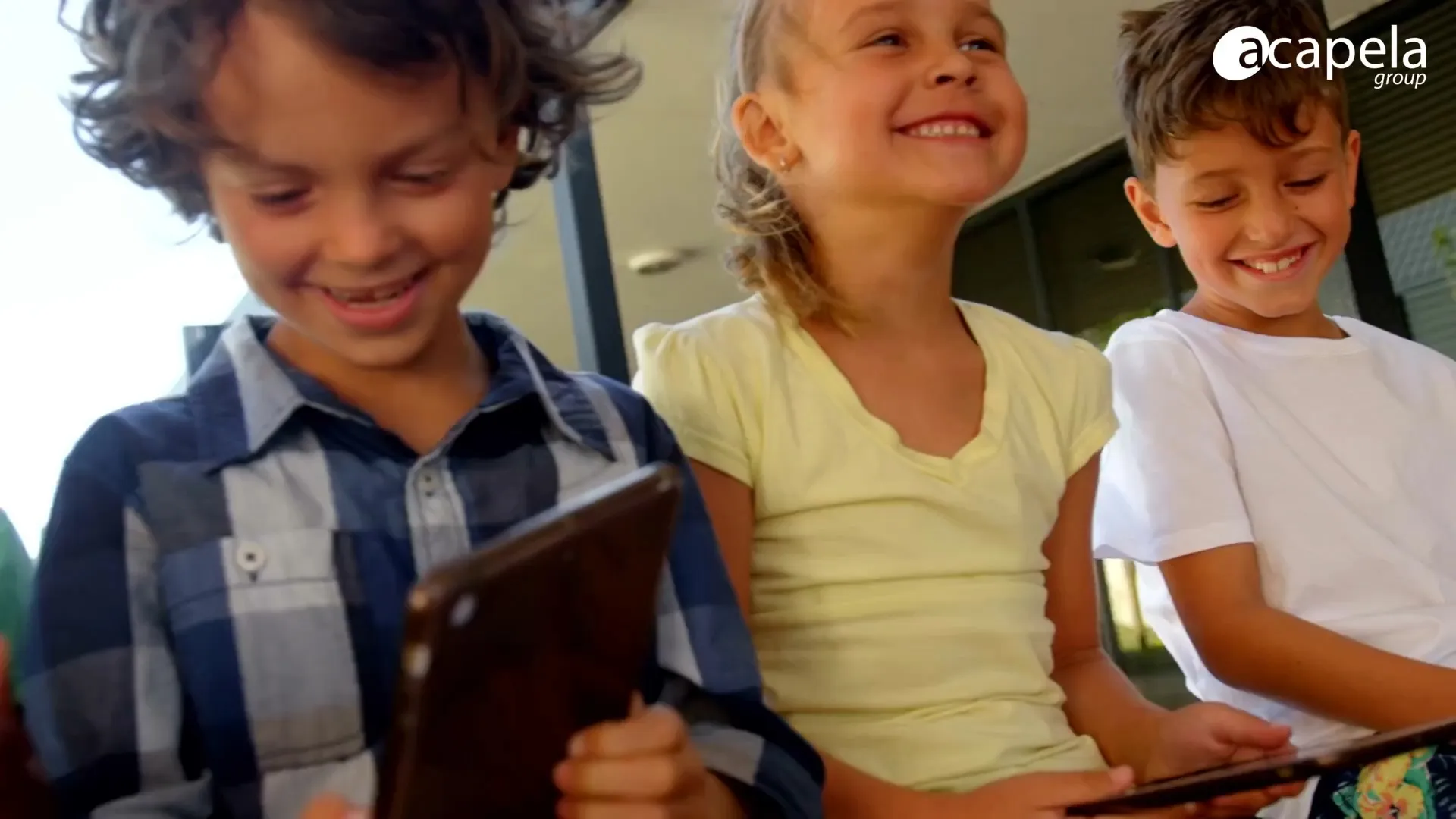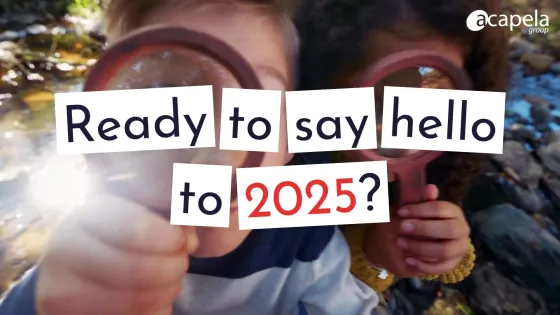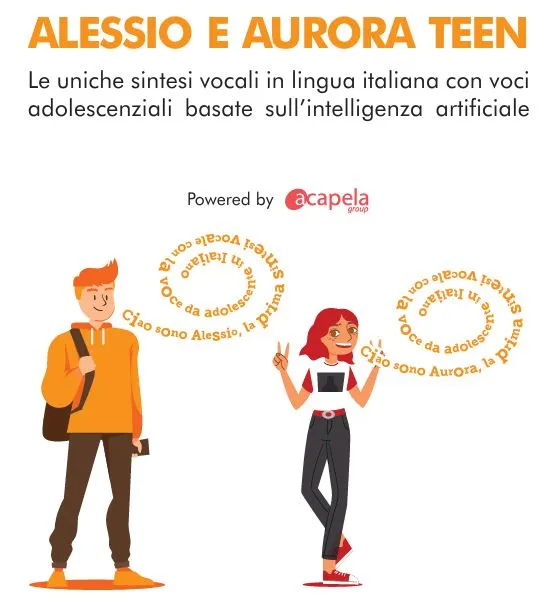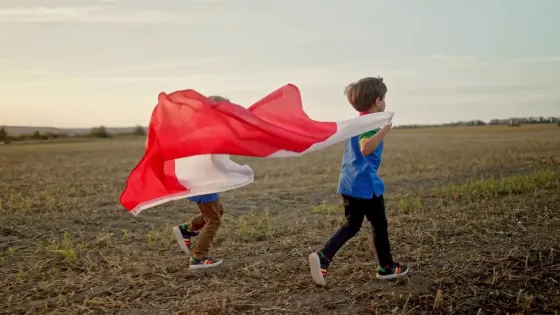
Acapela Group is expanding its selection of synthetic voices for young German-speaking users with the addition of four new child voice-AI characters: Finn, Leonie, Mathilda, and Nele. Meet them!

Inviting young users to choose from a wide range of AI-based voices
These new AI speech synthesis voices join existing German children’s voices, Jonas and Lea, bringing the total to six. Designed to provide natural, relatable tones for children with speech or communication challenges, the new text to speech voices add cheerfulness, spontaneity, and a range of personas.
“At Acapela, we are deeply committed to providing young users with diverse, engaging options to empower them to communicate confidently and connect meaningfully with their peers.” comments Remy Cadic, CEO of Acapela Group.
Empowering Communication and Self-Expression
Acapela first introduced German text to speech voices for children in 2013 to enable young users to express themselves with age-appropriate tones instead of generic or adult-like ones. Over the past decade, Acapela has expanded its portfolio across multiple languages, now helping thousands of young users daily with 50 voices available in ten languages.
These new AI-based German voices mark another step in Acapela’s commitment to empowering children to communicate, play, grow, and learn through AAC (Augmentative and Alternative Communication) applications.
These voices were born out of a market survey involving AAC stakeholders, professionals, and, most importantly, users.
Advancing Neural Voice Technology
The new German child voices are powered by Acapela’s neural voice technology (AI), delivering lifelike audio, improved real-time interactions, and an enriched user experience, all supported by Acapela’s extensive vocal library developed over the past two decades.
-
Finn
Neural
00:00 / 00:00 -
Leonie
Neural
00:00 / 00:00 -
Mathilda
Neural
00:00 / 00:00 -
Nele
Neural
00:00 / 00:00





